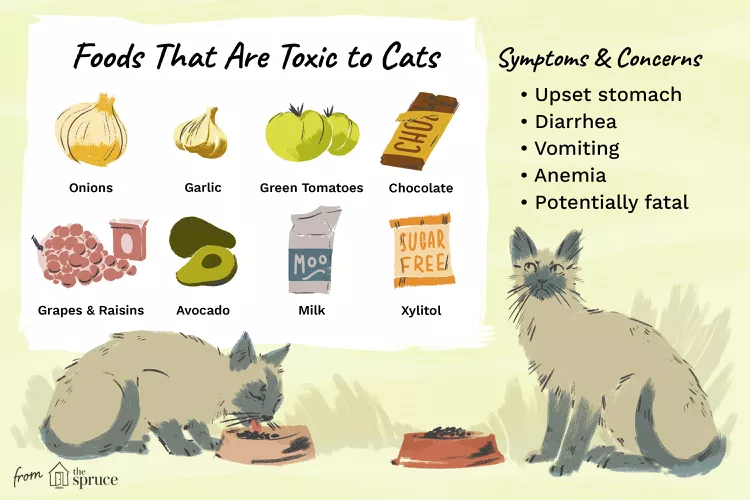
Some cats will beg and plead for human food, especially when they see you eating. But, can cats eat human food? Giving your cat any table scraps or tidbits of human food is a dangerous practice that should not be encouraged for multiple reasons. First, cats need the nutrients that are specifically provided for them in good, premium cat foods, and any "extras" that they consume will take away their appetites for their regular meals. A sliver of turkey or chicken from your dinner plate certainly won't kill a cat, but you're helping it develop bad habits.
The main reason to discourage feeding cats "people food" is that there are a number of foods that are toxic to cats. While it is tasty and harmless to humans, a simple nibble could be life-threatening for your cat. If you are a cat owner, it's important to familiarize yourself with the everyday foods that can be dangerous, and even deadly, for cats.
These foods are members of the Solanaceae family of plants, which includes the Deadly Nightshade, and contain a bitter, poisonous alkaloid called Glycoalkaloid Solanine, which can cause violent lower gastrointestinal symptoms. The leaves and stems are particularly toxic. Don't worry if you see tomatoes included in pre-made pet foods. They are made with ripe tomatoes and should cause no concern because they appear in relatively small amounts.
While it's widely known that chocolate is dangerous for dogs, it's also toxic to cats. Theobromine is the offending substance and can cause chocolate toxicity in a cat. This substance is found in the highest concentration in dark and unsweetened chocolate.
These foods' toxicity has mainly been found in dogs, in quantities of varying amounts. The ASPCA advises: "As there are still many unknowns with the toxic potential of grapes and raisins, the ASPCA Animal Poison Control Center advises not giving grapes or raisins to pets in any amount." There is no reason to risk a dangerous situation, so it's best to keep these fruits away from your cat.
While avocado is healthful for humans, it is mildly toxic to cats. The leaves, seed, tree bark, and the fruit itself contain Persin, which can cause vomiting and diarrhea in cats. Avocados are very rich and high in fat, which can lead to gastroenteritis or pancreatitis. Be especially aware if you have a bowl of guacamole out at a party. You do not want your cat eating any of this snack or licking a spoon or fork that was used to make it.
All types of alcohol can be toxic to pet cats. While a small lick of an alcoholic beverage is not lethal, consuming a lot can be. If you are hosting a party and serving alcohol, be sure to thoroughly clean up the drinks and avoid leaving large punch bowls or open alcohol containers overnight, as your cat might be prone to consume more. Alcoholic beverages aren’t the only potential sources of alcohol poisoning in cats. Alcohol exposure can also occur from ingestion of hand sanitizer, mouthwash, fermenting fruits, and bread dough that contains yeast.
Onions contain a substance (N-propyl disulfide) that destroys red blood cells in the cat, causing a form of anemia called Heinz body anemia. Garlic is similar in that it can also cause red blood cell damage and anemia. It's dangerous for cats to consume a full clove of garlic or any large pieces of raw onion. Cats can also be exposed to garlic and onion in the form of powder, which can be found on chips, soups, and seasonings.
There are a number of foods that are not toxic to cats, but they should be avoided. Meat trimmings, raw eggs, and caffeinated beverages should not be consumed by pet cats. Although milk is not toxic to cats, it may have adverse effects. Adult cats that are fed a nutritious diet don't need milk. Also, many cats are lactose-intolerant, which means that the lactose in milk and milk products produces stomach upset, cramps, and gassiness. Xylitol, a sweetener, is deadly to dogs and can cause hypoglycemia and potential liver failure. The Pet Poison Helpline has not indicated its toxicity to cats, but it does not seem worth the risk. If you see this ingredient in any food items, make sure to avoid sharing with your cat.
Contact your veterinarian or the ASPCA National Animal Poison Control Center right away at 1-888-426-4435 or Pet Poison Helpline at 1-800-213-6680 right away. Share any information you have, including what they might have eaten and the symptoms you are seeing. There may be a charge for speaking with the poison control line.
While it's best for cats to eat cat food, these "human" foods are safe for your cat: thoroughly cooked lean meats that haven't been seasoned with onions or garlic, fish with the bones removed, hard-cooked eggs, whole grains, fruits, and vegetables.
Keep your cats from eating human food by never offering it to them, even just "licking the plate," and by keeping it out of reach at all times in your kitchen (this includes covering it on the countertop while you're eating).
Cats will eat human food because it tastes good, and because it offers more variety than the food that is good for them.
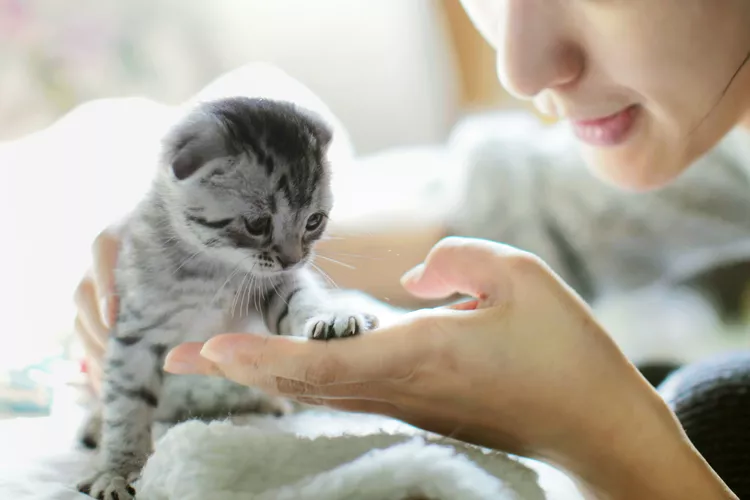
The First 30 Days With Your New Kitten
The first month is full of changes and excitement for a kitten in a new home. Find out what to expect and what you can do for your new feline friend.
How Old Is Your Cat in Human Years?
As a cat ages, there are often behavioral and physical changes too. Find out how to convert cat years to human years and what to expect at each stage.
What to Buy for Your New Cat: A List of Essentials
Before you bring your new cat or kitten home, there are a number of things to collect or buy so your cat will feel welcomed like a family member.
Human Foods That Are Poisonous to Cats
Many human foods are toxic to cats. Avoid feeding cats table scraps. Instead, feed a nutritious cat food created for their specific nutritional needs.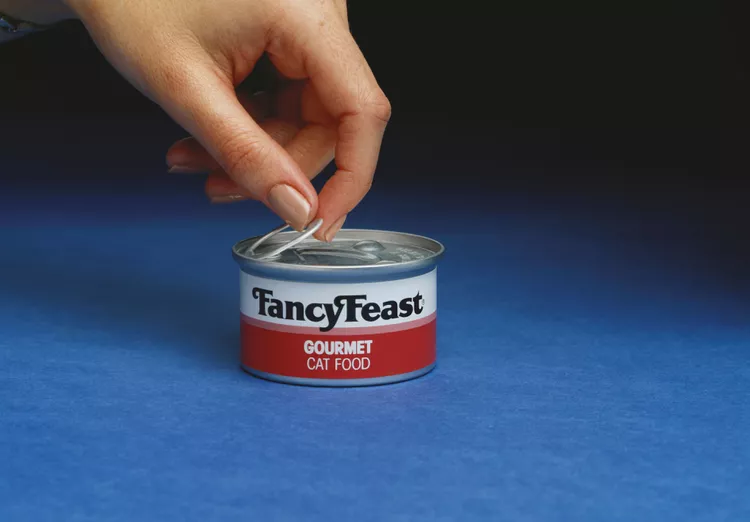
Cat Food Ingredients to Avoid
When checking the nutrition content of cat food, look for ingredients that are not healthy or show it is of poor quality. Avoid these 3 ingredients.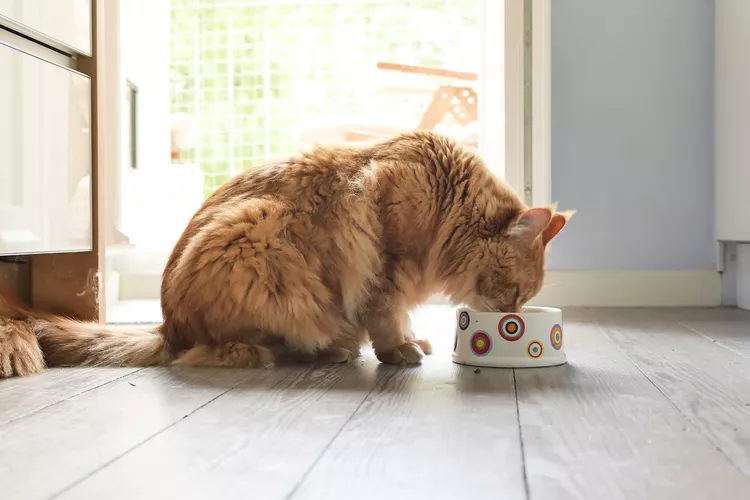
Should You Feed Your Cat a Raw Diet?
Learn the pros and cons of raw diets for cats, and find out how to choose a raw food diet for your own cat.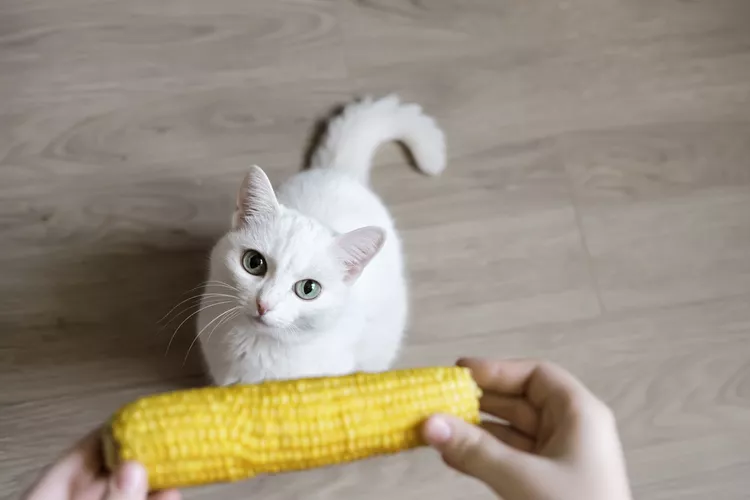
Can Cats Eat Corn? Here's What A Vet Thinks
Corn is a common ingredient in cat food and can be a safe treat for cats when fed in moderation. Find out more about how to safely feed corn to your cat.
10 Obscure, Little-known Canine Facts in Honor of National Dog Day
With National Dog Day upon us, it's time to celebrate everything about our favorite pets—even the weirder stuff. Here are 10 obscure facts about dogs you probably didn't know.
The Different Types of Pet-Friendly Workplaces
Discover the different types of pet-friendly workplaces and the benefits they offer employees. Learn how to create a pet-friendly workplace and the best practices for pet owners.
Exploring the Different Types of Pet-Friendly Beaches
Are you looking for pet-friendly beaches? Learn about the different types of pet-friendly beaches, their locations, and tips for visiting them with your pet.
Why Is My Dog Lethargic?
Lethargy can be a sign that something is wrong with your dog. Find out what may be causing this lack of energy and what you should do about it.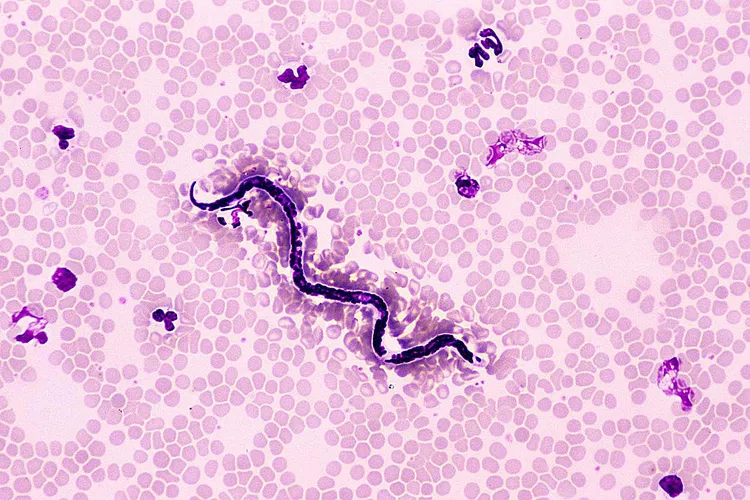
Medications to Prevent Heartworm Disease for Dogs
Heartworm disease is a serious risk for all dogs exposed to mosquitos. Find out about the products used to prevent Heartworm disease in dogs.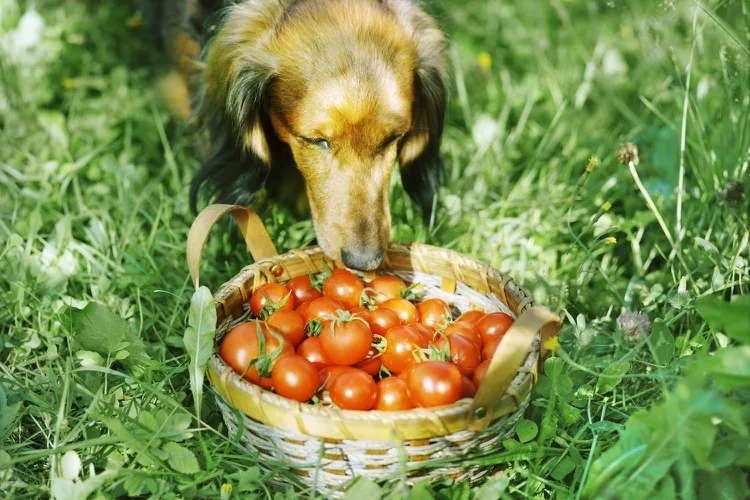
Can My Dog Eat Tomatoes?
You'll want to keep Fido out of your garden since the tomato plant is toxic, but you can safely offer him ripe tomatoes as a nutrient-packed treat.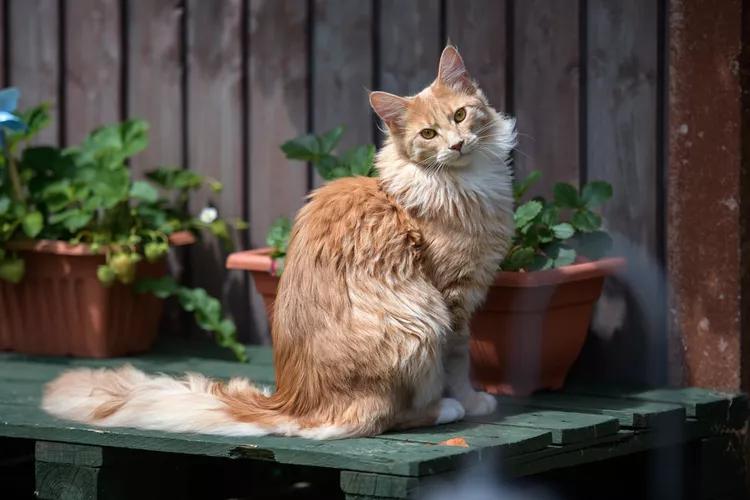
15 Best American Cat Breeds
Several cat breeds, including the American shorthair and Bengal, have their origins in the United States. Learn more about these American cat breeds.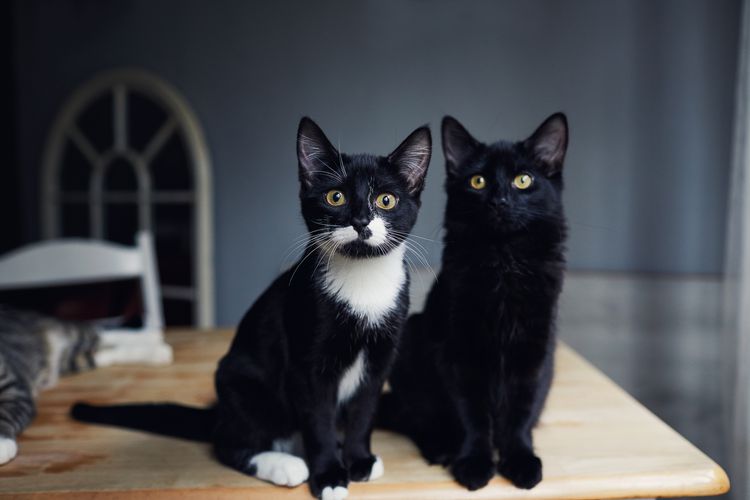
Why Do Cats Slap Each Other?
Cats can have some quirky behaviors—one of them being slapping each other. Why do they do this and what can you do to stop it?
Skye Terrier: Dog Breed Characteristics & Care
Learn all about the Skye Terrier, an elegant breed known for its friendly and even-tempered personality with classic terrier traits.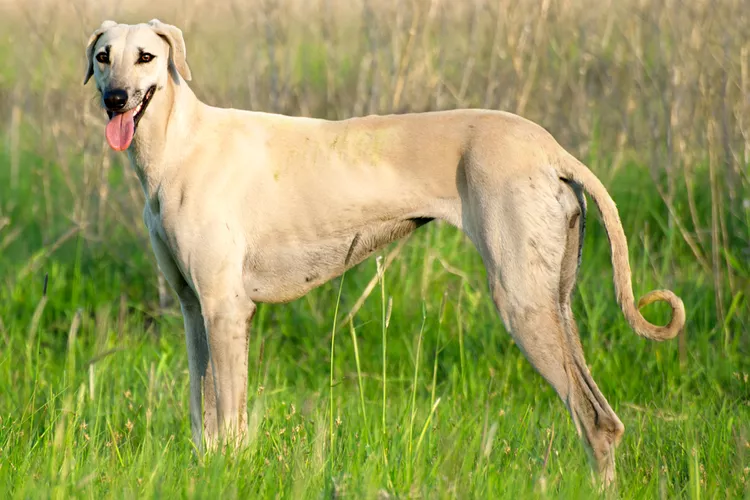
Sloughi: Dog Breed Characteristics & Care
Learn all about the Sloughi, an ancient dog breed known for its impressive running ability, slim stature, and affection toward its family.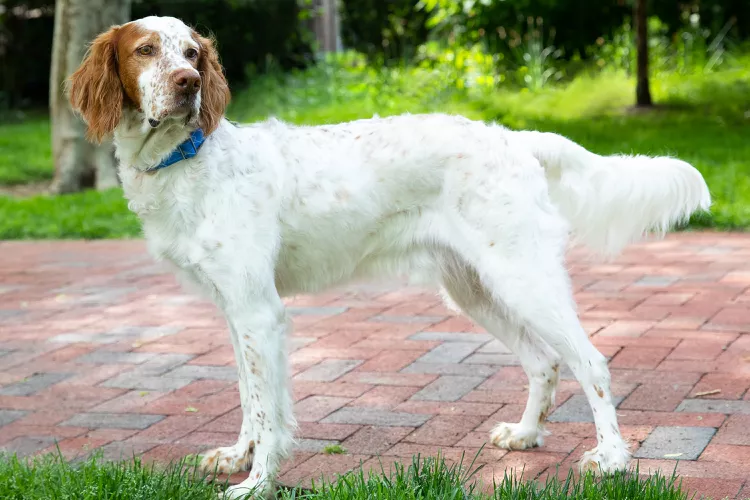
English Setter: Dog Breed Characteristics & Care
Learn about the English setter, an excellent hunting breed for pointing and retrieving game. It's also a popular and affectionate companion dog.
Why Dogs Bury Bones and Other Objects
If you give a dog a bone, he might bury it. Why is that? Learn about this burying behavior in dogs and what it means for your pet.
Reasons Why Dogs Run Away and How to Stop It
Dogs can escape, especially if they’re bored and not properly contained. Here are some techniques for stopping your dog from running away.